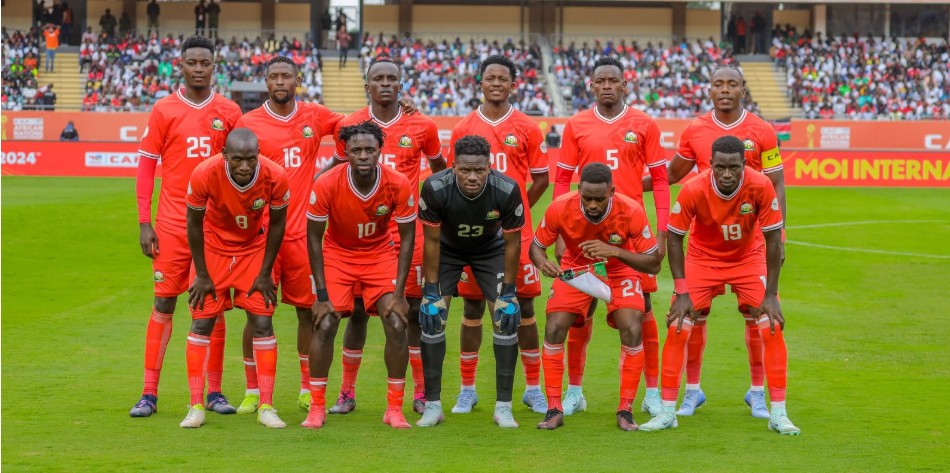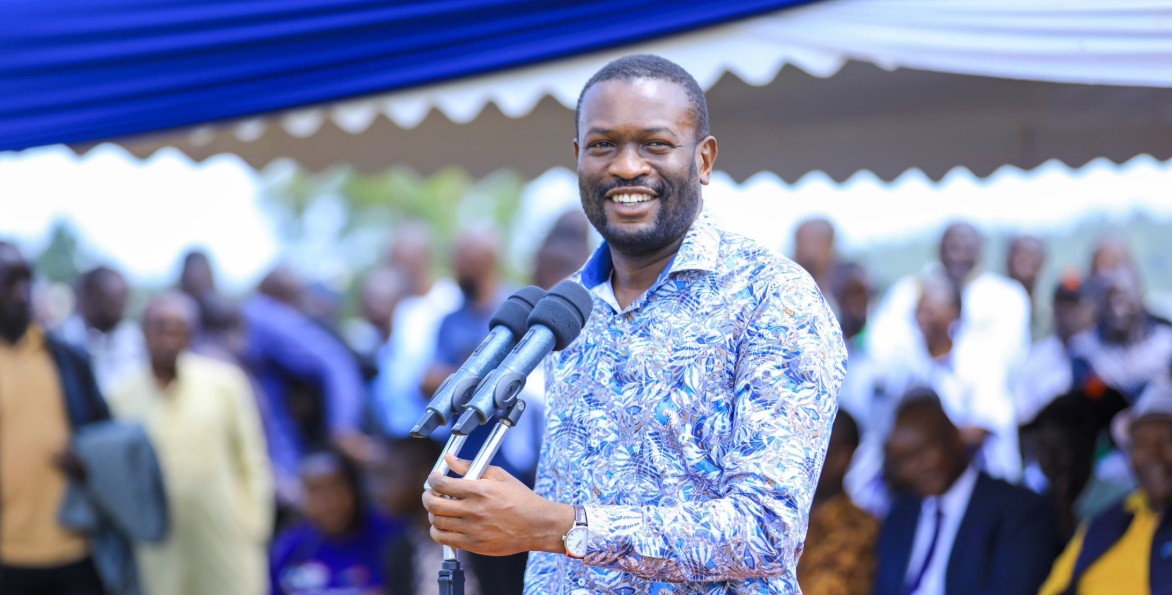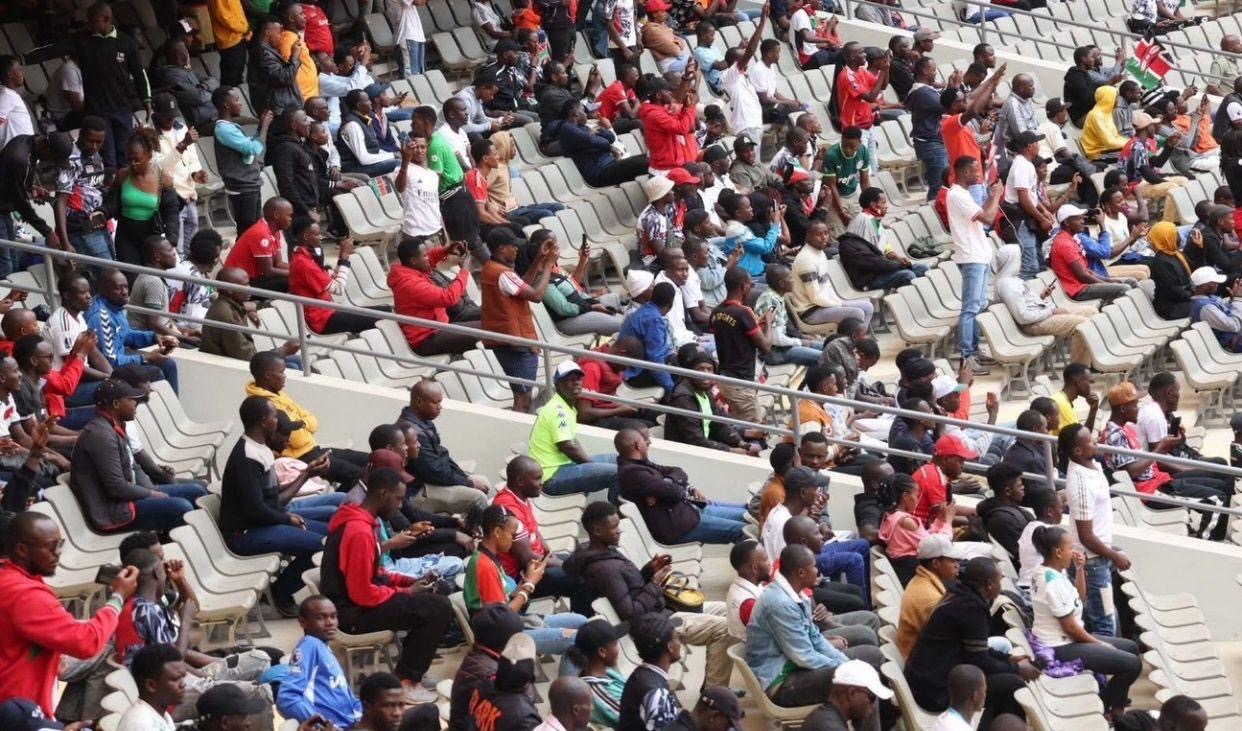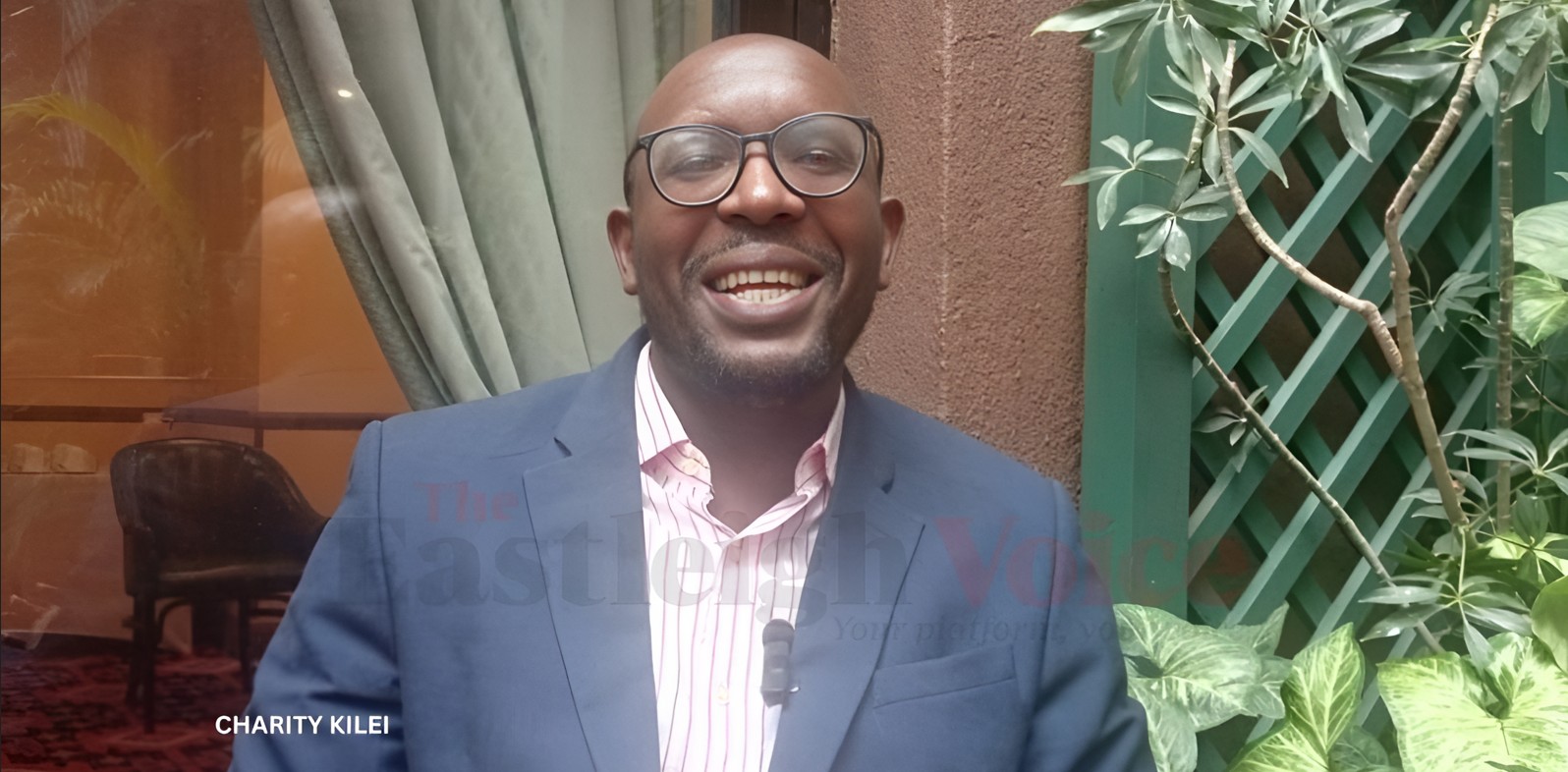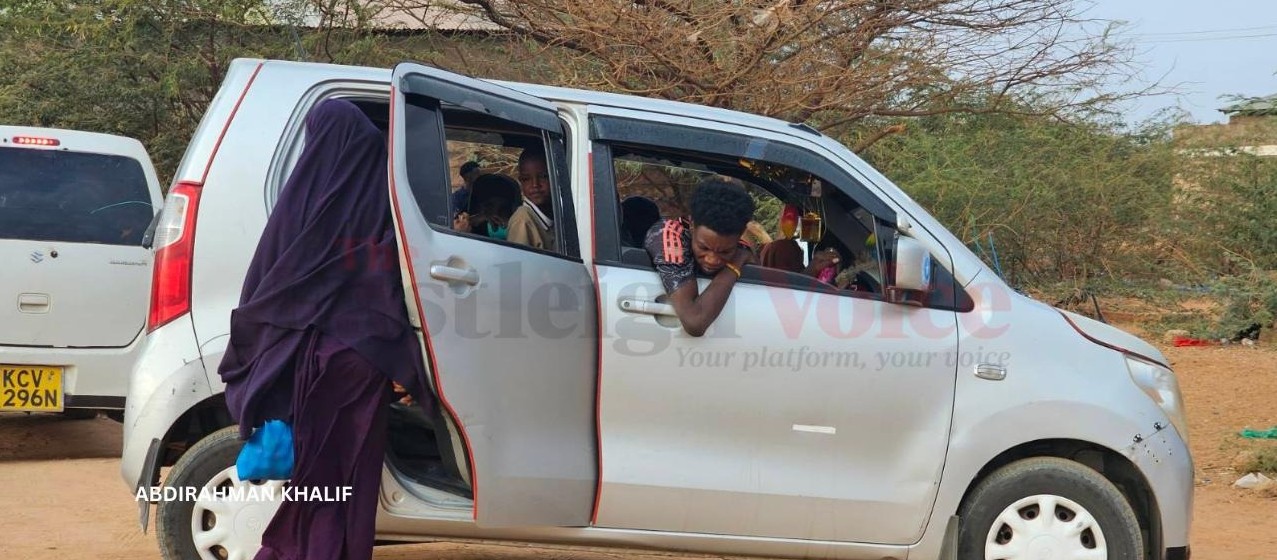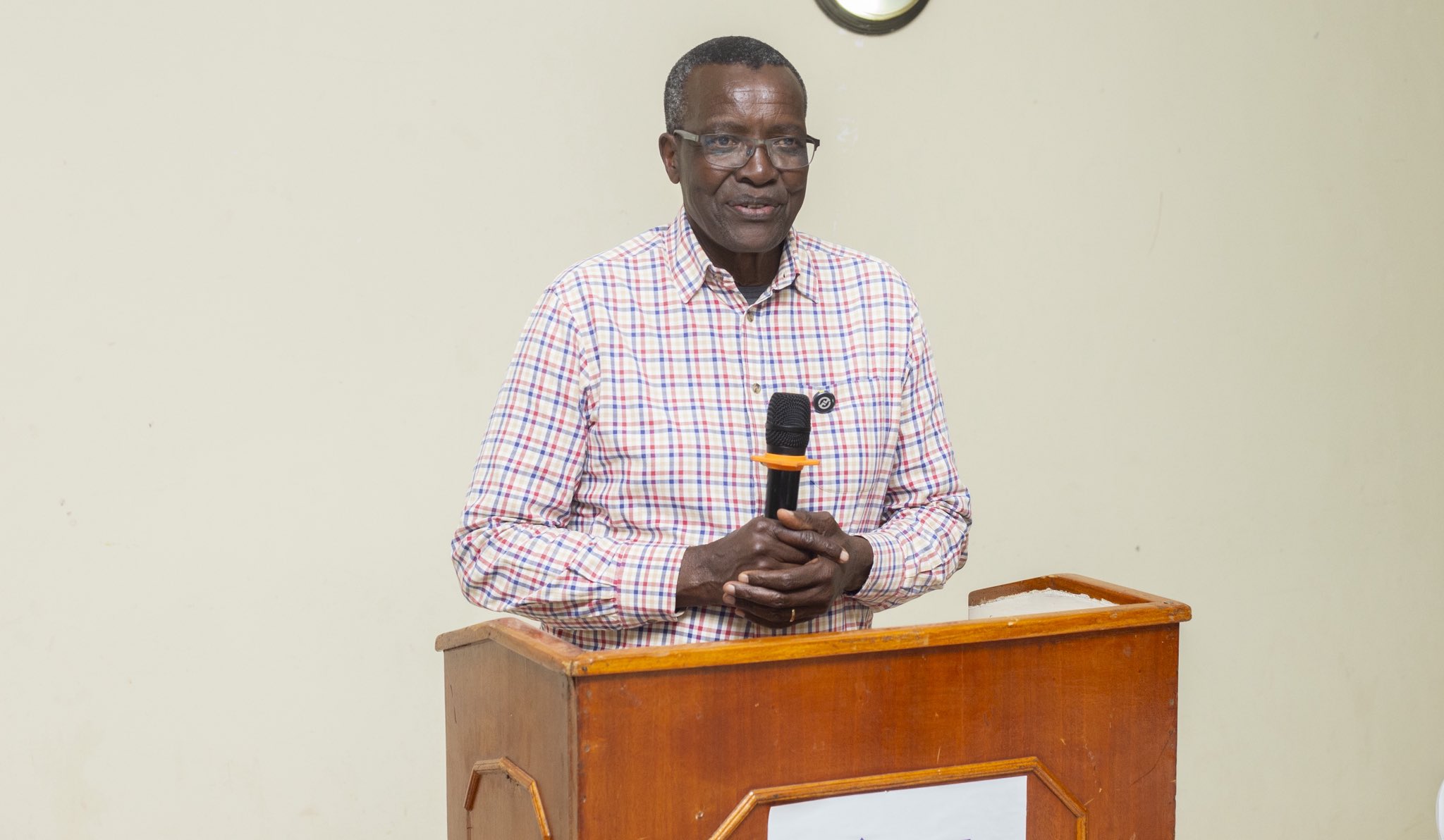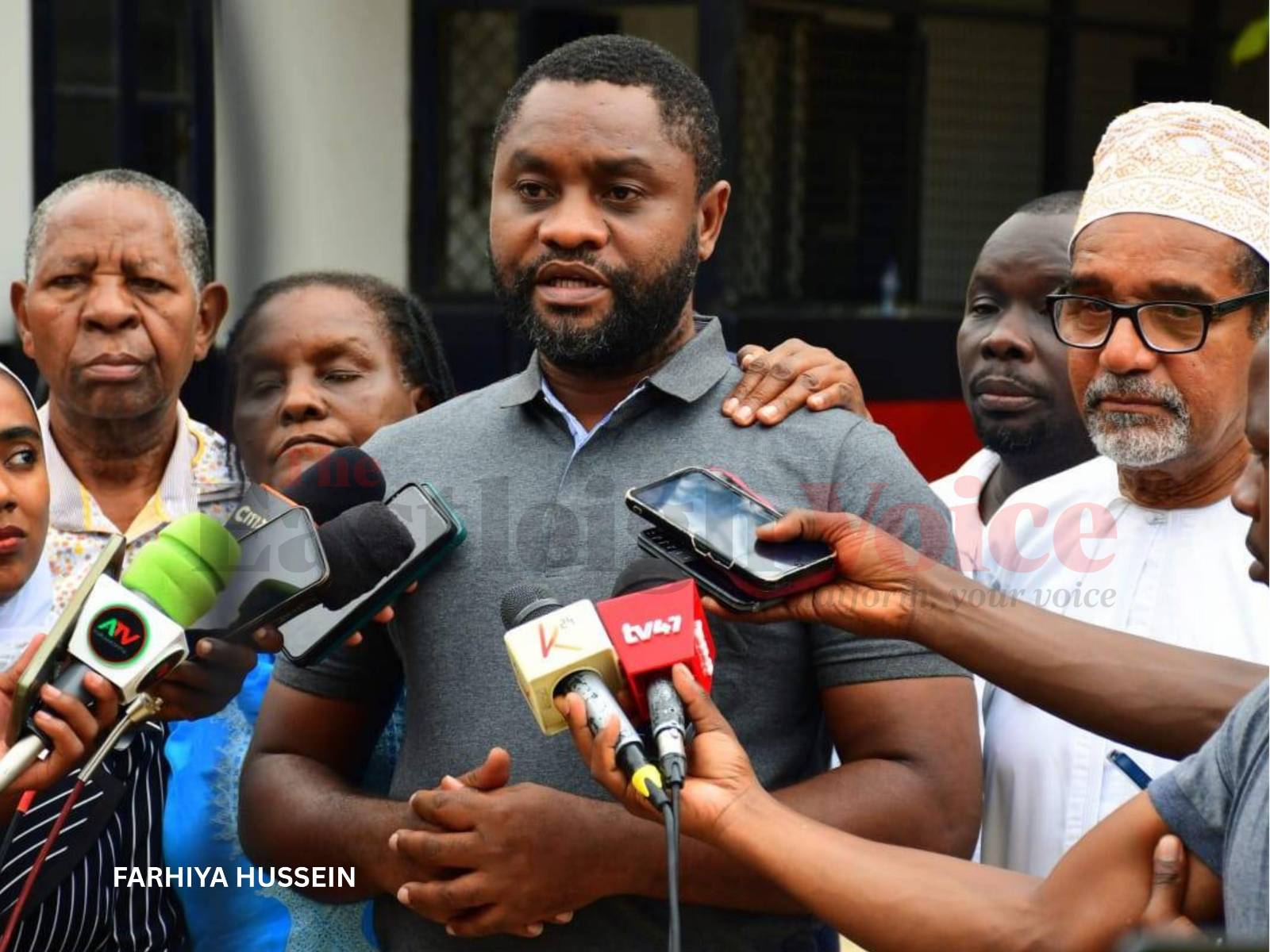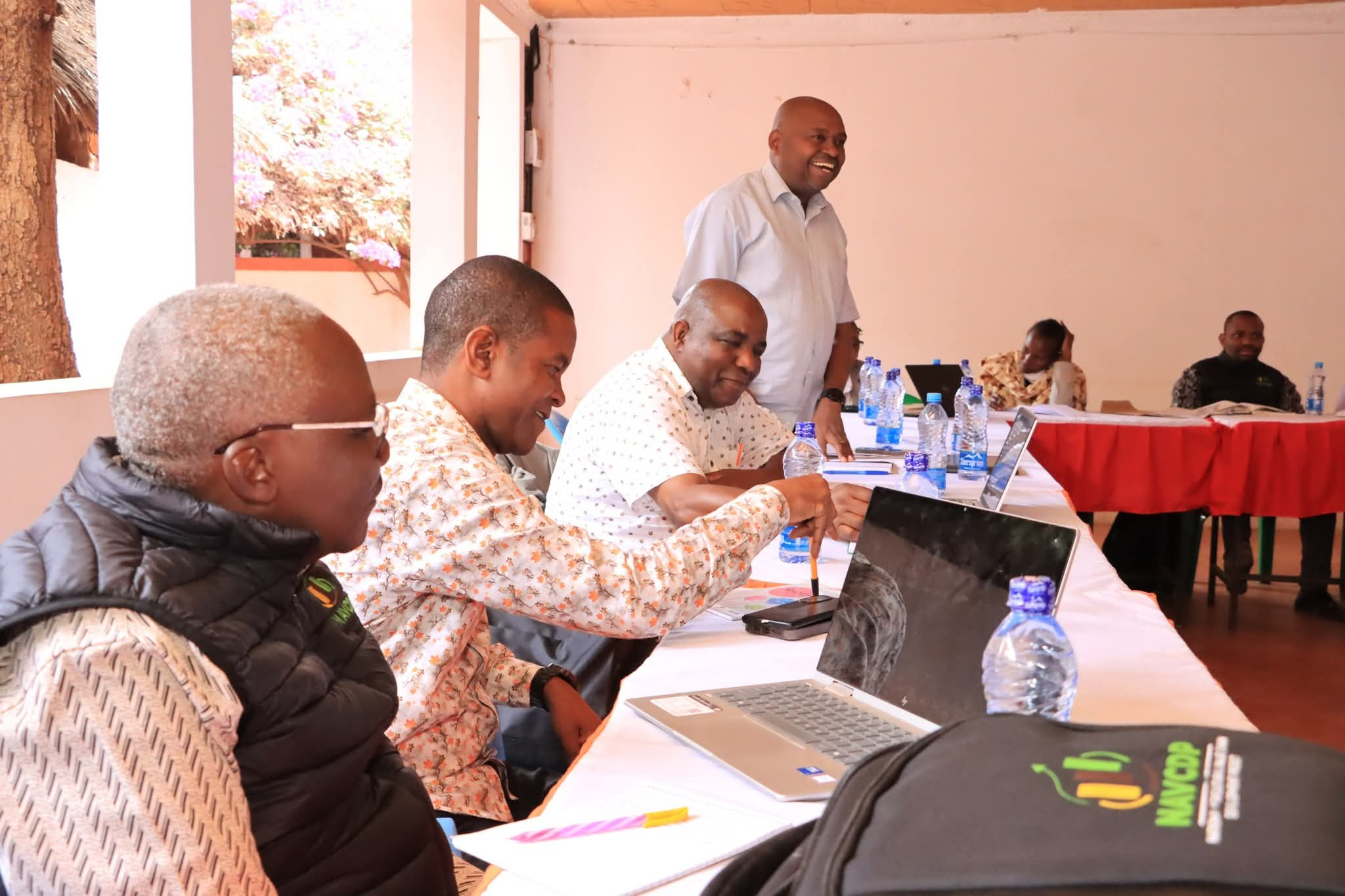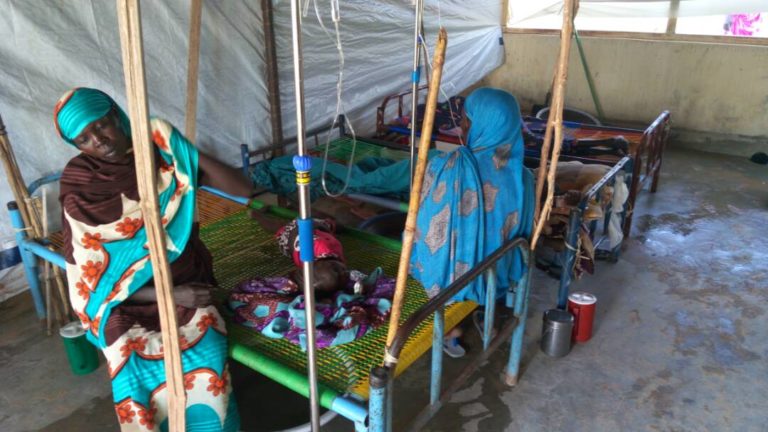Court approves continuation of lawsuit against Facebook over Tigray violence

Meareg Amare Abrha, a respected chemistry professor at Bahir Dar University in Ethiopia, was killed in 2021 after his home address and posts calling for his murder were published on Facebook.
A Kenyan court has allowed a case against Facebook over its alleged algorithm's role in fuelling violence in Ethiopia’s Tigray region (2020-2022), which led to the 2021 killing of Prof Meareg Amare Abrha after online threats.
The High court made the ruling in the case filed by Ethiopian nationals Abrham Meareg and Fisseha Tekle. Katiba Institute is the third claimant in the case.
More To Read
- Australia bans YouTube, TikTok for under-16s, enforces strict age checks and heavy fines
- Meta to launch smartwatch with AI, built-in camera in September
- OpenAI set to launch GPT-5 in August, promises major leap in AI performance
- Study links early smartphone use to severe mental health outcomes in young adults
- Public information requests in counties routinely ignored, new report by Katiba Institute shows
- High Court blocks government from collecting mobile IMEI data
Abhram's father, Prof Meareg Amare Abrha, a respected chemistry professor at Bahir Dar University in Ethiopia, was killed in 2021 after his home address and posts calling for his murder were published on Facebook.
Fisseha, a former researcher at Amnesty International who published independent reports on violence by all sides in the Tigray conflict, was also targeted with death threats on Facebook as a result of his work.
Meta, Facebook’s parent company, had argued that the Kenyan courts do not have the power to hear the case against them, as Meta is not a Kenyan company and, it claimed, does not operate in Kenya.
It maintained that any claim should be brought before the US courts.
The ruling rejected that argument and confirmed that the case fell within the jurisdiction of the Kenyan courts.
In the past, the social media platform applied the same jurisdictional argument in two separate cases challenging the exploitation and unlawful firing of Facebook content moderators in Kenya in 2022 and 2023 but lost after it was dismissed thrice by the local courts; twice by the Employment and Labour Relations Court and most recently, in September 2024, by the Court of Appeal.
Last year, the Court of Appeal ruled that the case of the unlawful mass firing of 185 former Facebook content moderators by Meta proceed to trial in a Kenyan court.
Meta refused to argue the merits of the case, instead insisting that Kenyan courts don't have the power to hear it.
The plaintiffs want the court to order Facebook to pay restitution for the alleged role it played in the murder of Abrham's father, as well as seek fundamental changes to its operations, particularly to the algorithm it uses to curate Facebook users' experiences.
Other demands being made against the company are that Meta must make a formal apology for the murder of the professor, create a restitution fund for victims of hate and violence incited on Facebook with a provisional Sh250 billion for harm from normal posts, with a further Sh50 billion (approximately USD400 million) for harm from sponsored posts as the rest is assessed by the court.
They also want Meta to alter Facebook's algorithm to stop promoting viral hate and start demoting violent incitement such as death threats and doxing – starting, at least, with the emergency steps Facebook took after the US Capitol riots of 6 January 2021.
Furthermore, they want Meta to recruit enough Facebook content moderators to ensure "it does not repeat the terrible harm it has caused already in East and Southern Africa, and particularly in Ethiopia".
The case is supported by tech justice not-profit Foxglove and defended by lawyer Mercy Mutemi of Nzili and Sumbi Advocates.
Given the novel and complex nature of litigation on Big Tech, analysts argue that the case may have a consequential impact around the world.
Top Stories Today
